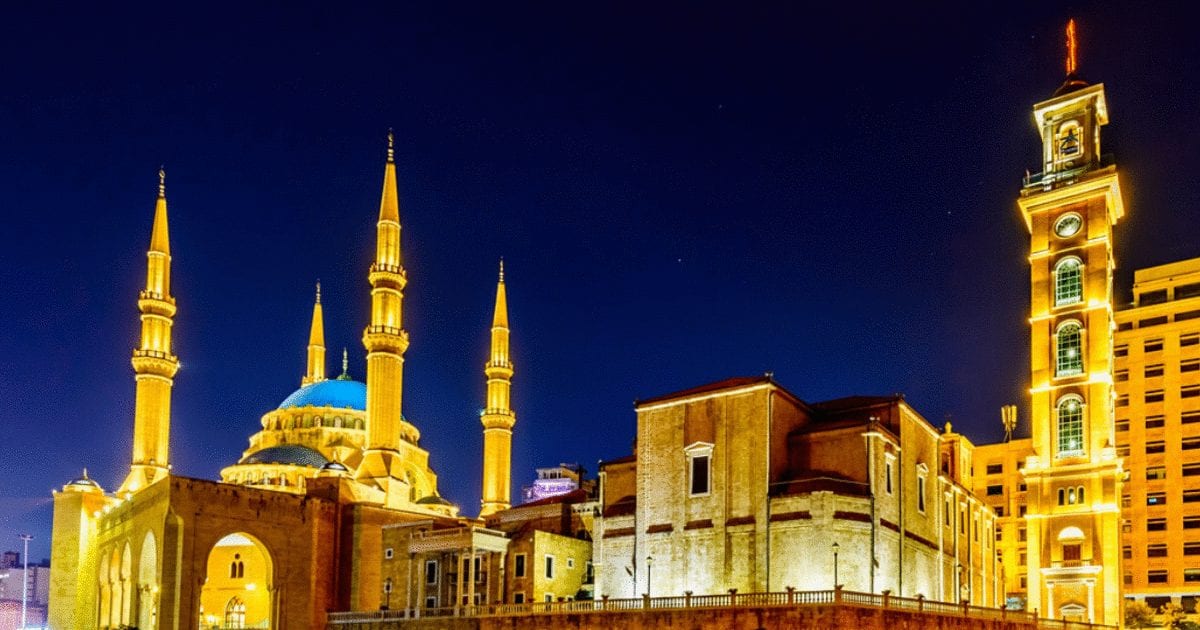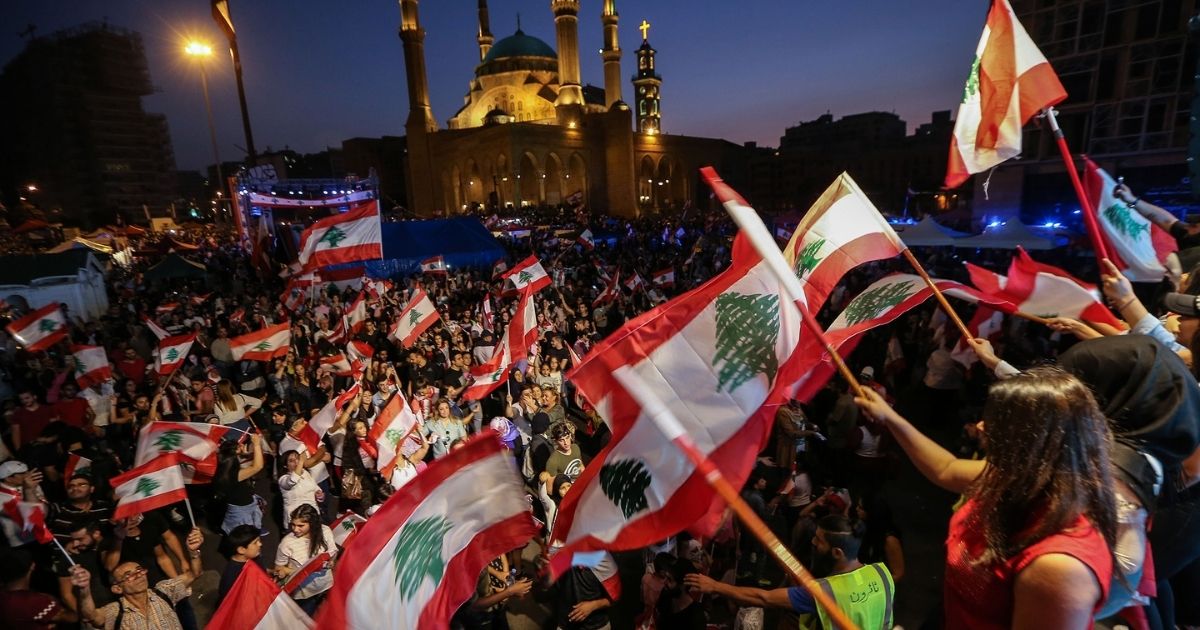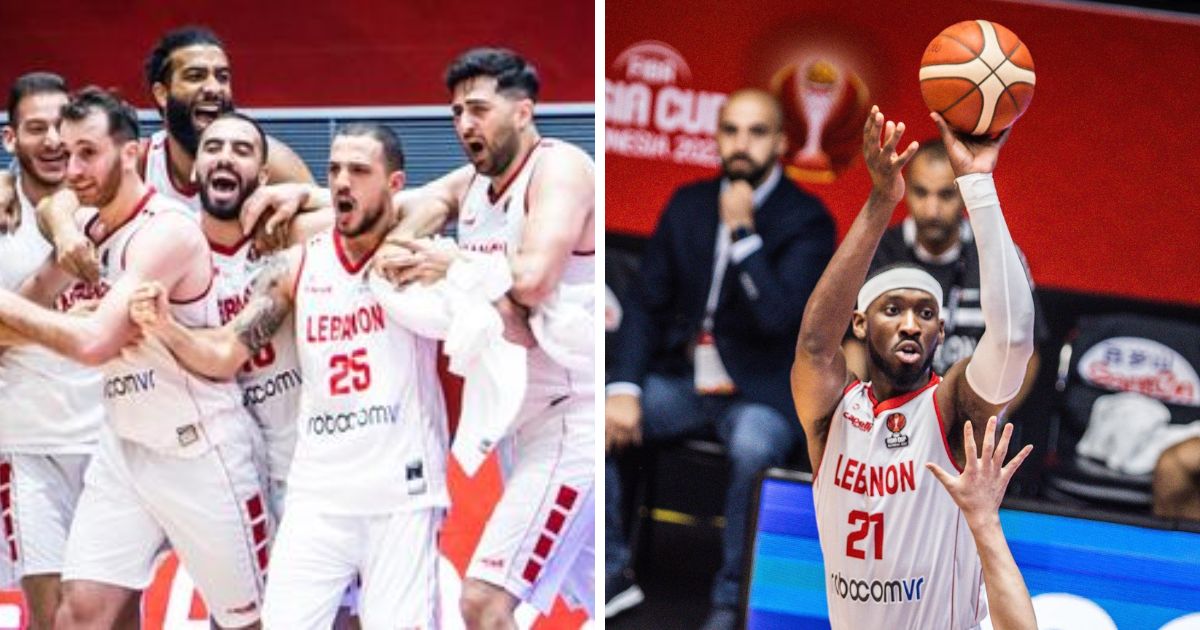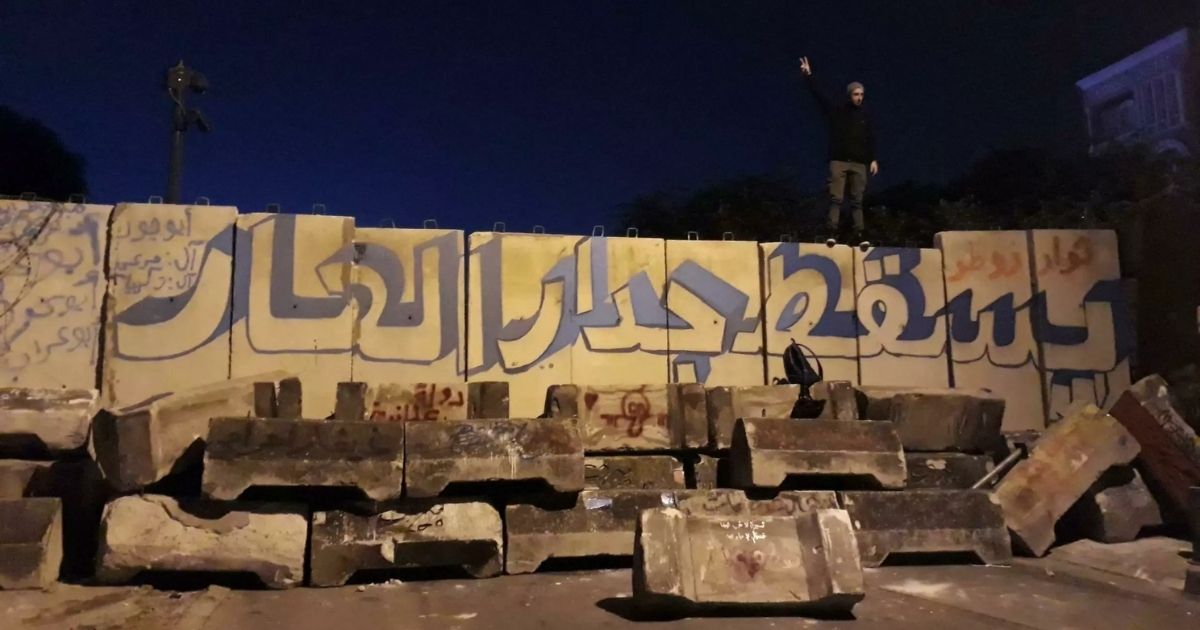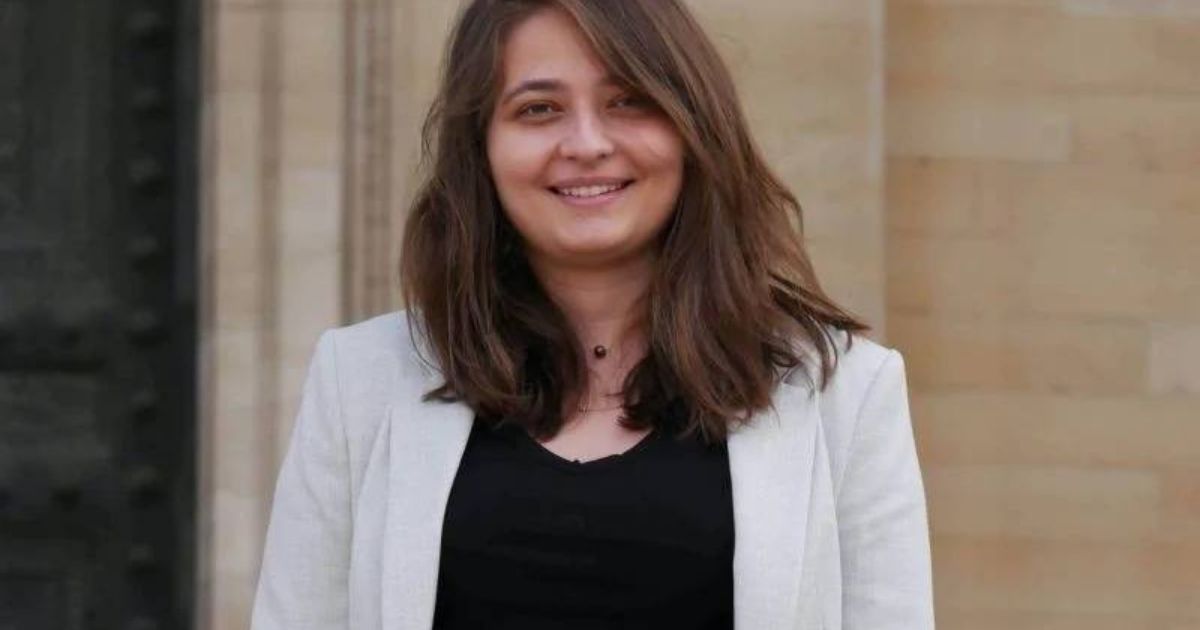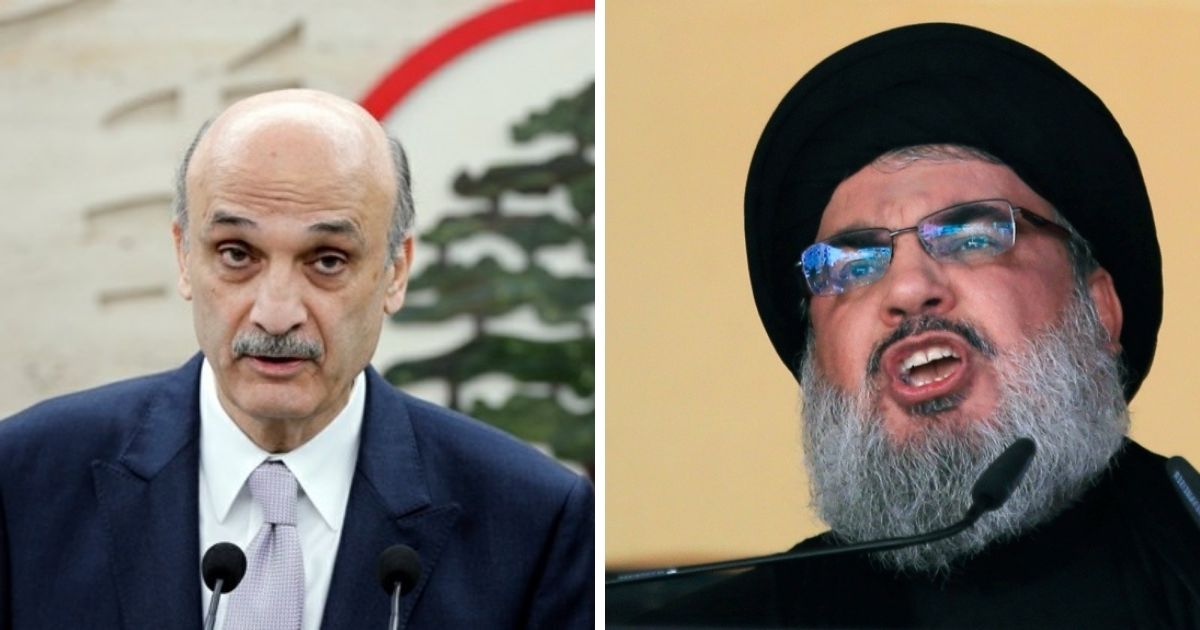This past weekend was eventful in Lebanon, and even dramatic. The continuous attacks between riot police and protesters in Beirut led to horrible outcomes. Many people were badly injured, and our beloved downtown is no longer a pretty sight.
On Saturday 18 January, the first day of the attacks, everything happened spontaneously and unexpectedly. People headed down to Riyad el Solh, not knowing that the site will turn like a war zone on that same night.
When things got really heated up, several people took shelter inside the Al-Amin mosque. The mosque was surrounded by chaos, a big quantity of tear gas and rubber bullets was being shot around by police members.
The mosque stood as the only safe place in the area for people, including children, to take refuge. However, when the security forces noticed that many of the people who were in the street headed to the mosque, they followed them.
Witnesses reported that members of the police went inside the mosque, and others threw in tear gas from the outside.
They wouldn’t stop despite the pleas through the speaker asking the police to stop the attacks since there are children inside.
These actions, of course, were deemed wrong and unacceptable by the religious people in Lebanon, since this is a holy and sacred place and it should be respected and treated as such.
Dar el Fatwa’s information office in Lebanon issued that the protesters taking shelter and resorting to the Al-Amin mosque in central Beirut for safety is a humanitarian and moral thing.
They also agreed that the conflicts at the entrance were not appropriate for the sanctity of the mosque.
During the incident, Dar el Fatwa contacted the responsible officials to ensure a safe exit to all those trapped inside the mosque and proper care for those affected by the aggressive acts.
As for the people, they called on each other to meet at the mosque the following day. All Lebanese people, of all faiths, were invited to pray for Lebanon’s peace.
This united prayer took place on Sunday 19 January at 4:55 pm, encouraging people to chose peace over violence.
The mosque was open to everybody, so the numbers were high and so were the people’s hopes. Lebanese from all religions prayed together and alongside each other, away from all chaos and oppression.
The Sunday of dignity, as the revolutionaries called it, was a day dedicated for the people to show the government that they are not afraid and that they won’t back down. Not only in Lebanon, but also in the diaspora.
From his side, Maronite Patriarch Al-Rahi issued a statement during his Sunday sermon that day blaming the officials for the tragic events in Beirut.
He called on them to use the language of Humanity, the only one “that all people understand and engage in dialogue with.”
Unfortunately, the attacks resumed in Beirut on Sunday in spite of so many efforts and calls to keep the protest peaceful.
